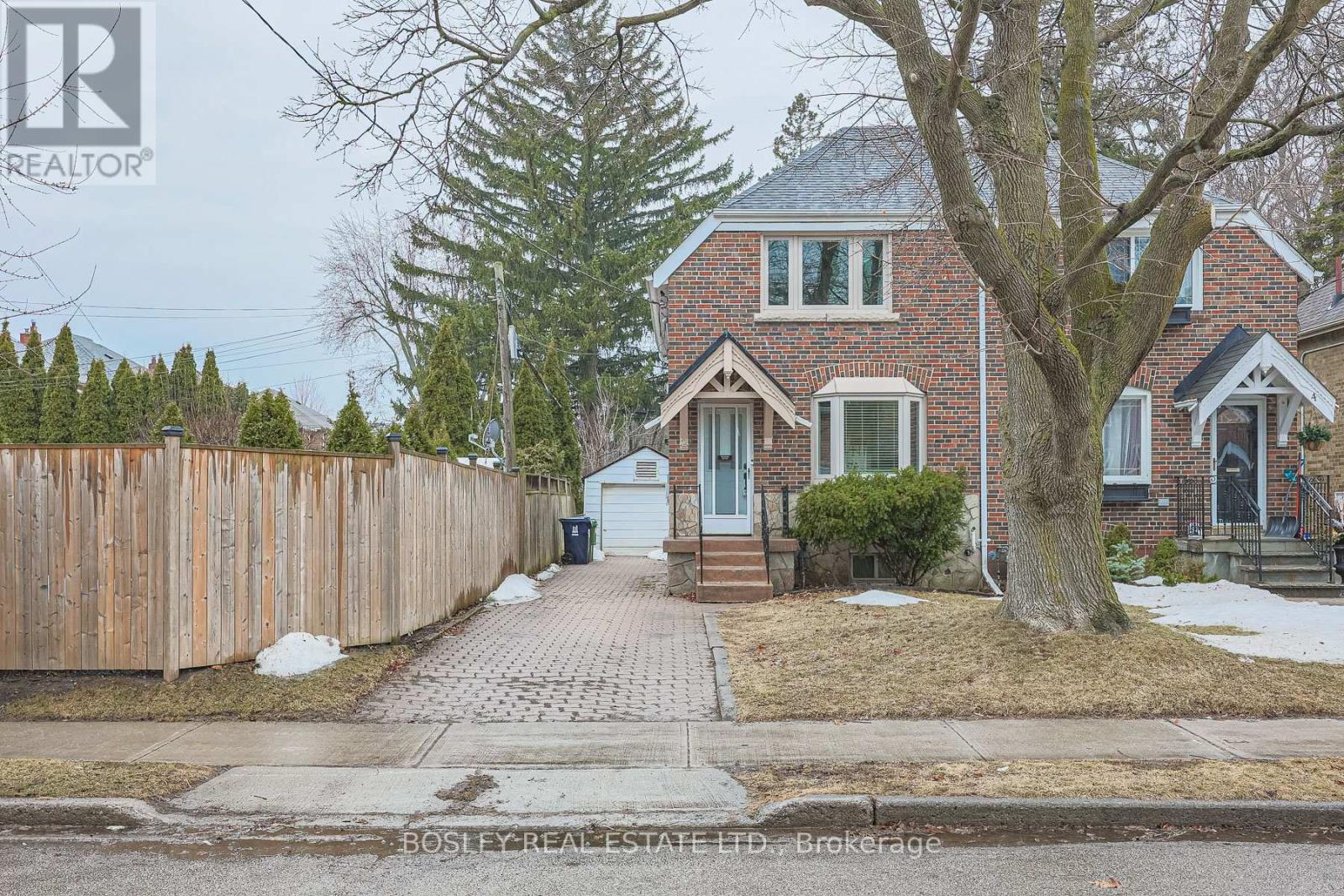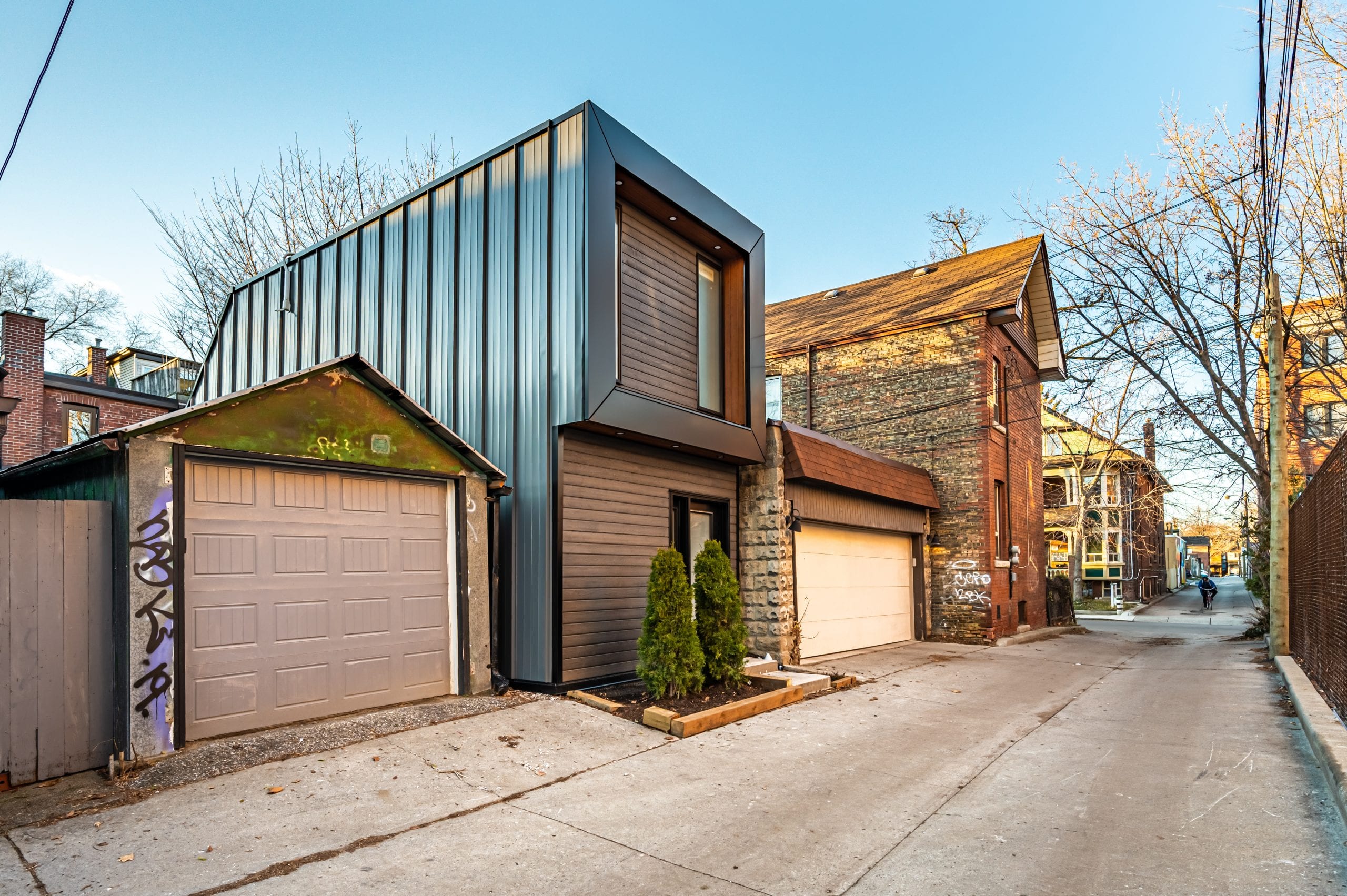
-Written by Carolyn Ireland of the Globe and Mail
-Published March 19, 2025
In early March, real estate agent Alex Beauregard received notice that two rival buyers were preparing bids for a sparkling three-bedroom house in the Christie Pits neighbourhood.
Mr. Beauregard wondered if additional last-minute bidders would jump in before the offer deadline for the semi-detached at 112 Pendrith St. after he sold a nearby house the previous week with seven offers.
As Mr. Beauregard waited, U.S. President Donald Trump began taking questions from reporters during a chaotic day in Washington. There was no chance for a last-minute deal to avert tariffs being placed on Mexican and Canadian imports at midnight, the President stated flatly.
Mr. Beauregard’s concern grew as the promised offers failed to arrive. By early evening both agents had confirmed that their respective clients were going to take a break.
“Between 4 p.m. and 6 p.m. there was a complete reversal,” says Mr. Beauregard of Sutton Group-Associates Realty.
Later the same evening, Prime Minister Justin Trudeau announced that Canada would be imposing countertariffs.
“The words ‘trade war’ were a defining moment,” Mr. Beauregard says.
Now the market is frozen in the area around Bloor Street West and Bathurst Street where he does much of his business.
“It’s like a big block of ice.”
The Canadian Real Estate Association confirms that tariff uncertainty sent sales into a tailspin across the country in February – with the Greater Toronto Area and surrounding parts of Ontario hardest hit.
National home sales dropped 9.8 per cent, seasonally adjusted, in February from January. New listings fell 12.7 per cent in the same period.
Leslie Preston, a senior economist with Toronto-Dominion Bank, says Ontario’s market tipped further in favour of buyers with the loosest conditions in the country.
The Canadian average home price dipped 4.6 per cent in February from January, she says in a note to clients.
The Bank of Canada’s move this month to lower its benchmark interest rate to 2.75 per cent is likely to cushion demand in the face of the tariff threat, Ms. Preston believes. The move marks the seventh consecutive cut by the rate-setting committee.
“As long as the United States keeps the threat of punitive tariffs alive, confidence in the housing market is likely to be under a cloud,” the economist says.
Patrick Rocca, a broker with Bosley Real Estate, says some established agents are reporting that their business is on track to fall 25 to 50 per cent this year. The traditional spring market is likely to be delayed, he adds.
“I’ve been doing this 32 years – I’ve never had a spring like this,” Mr. Rocca says.
He is seeing signs that some parts of the market are thawing.
In mid-March, Mr. Rocca signed up three listings in one week and has another two in the works.
“People are now ramping up,” he says of the sellers.
As soon as the Ontario schools’ March break ended, he was preparing to launch a semi-detached home at 2 Glenbrae Ave. with an asking price of $1.349-million.
That price range had been moving well, he says, and this is only the second semi-detached to come to market in Leaside this year.
In such an unpredictable landscape, Mr. Rocca believes that sellers might be better off listing soon.
“I’m telling people, if you’re going to do it, do it now. It could be worse in the fall.”
Mr. Beauregard in Seaton Village says a buyer did submit an offer for the Pendrith property a few days after the offer night, but it was a lowball bid which the sellers did not accept. The property is currently listed with an asking price of $1.99-million.
He learned that one of the original bidders is an executive chef who is concerned about how the restaurant business will weather the trade war.
The change in mood was startling after showings were brisk and open houses were packed for two properties towards the end of February.
Two bidders had vied for an income property at 717½ Palmerston Ave. listed with an asking price of $1.799-million. The buyer paid $1.825-million for the renovated property, which includes a three-bedroom main house, a basement apartment and a two-storey laneway house.
“We listed that on the snowstorm day – there was limited parking, if any at all,” he says.
He saw a similar turnout for a four-bedroom detached house at 420 Clinton St. in late February.
The property with an asking price of $1.799-million was buried in snow, but seven buyers competed and the home sold for $2.242-million.
With so much uncertainty, Mr. Beauregard says, some prospective sellers are deciding to pull their listings and lease the property instead. He recommends that those who want to sell this spring wait until April or May if they are able.
“We’re trying to convince sellers to hold off a month.”
He notes that the recent stock market gyrations are also unsettling one cohort of buyers: those who are relying on the “bank of mom and dad.”
When their investments are losing ground, the older generation is also more inclined to hit pause, he points out.
Mr. Trump is expanding the chaos by ramping up the tariff fight with China and the European Union, he adds.
“The economy is a very sensitive instrument – you can’t be playing around with all of these levers.”
Matthew Regan, a broker with Re/Max Escarpment Realty, says some people are taking advantage of the decrease in rival buyers to negotiate a deal in areas of Oakville, Mississauga and Burlington, where he does much of his business.
“There’s an awful lot of inventory out there – some of it is overpriced,” he says.
One property that had been sitting on the market for three years sold in March for $9.5-million, or 13.6 per cent below the most recent asking price of $11-million.
“If a buyer sees value in it, it’s going to sell,” he says of properties across all price ranges.
But he notes that the political, economic and stock market volatility is unsettling to many consumers.
“People are quick to hit the brakes” when disturbing news abounds, Mr. Regan says.
Some homeowners are delaying listing their property and, in a few cases, buyers have been backing out of deals.
“It’s fear-based,” he says.
With properties languishing, people who had been considering listing are worried that they may have to compete with other homes in the same area.
“We’ve had sellers go on hold because there’s inventory out there.”
More recently he has seen energy pick up amongst buyers and sellers as people adjust.
He was preparing to list properties in the second half of March, including a family home in the coveted Lorne Park area of Mississauga.
Mr. Regan says that investors will not be able to make a quick buck on flipping a property as they did in the early part of this decade, but he believes buyers who have a longer time horizon will have a solid asset.
“There are blips on the radar when prices come down and we’re in one of those.”



